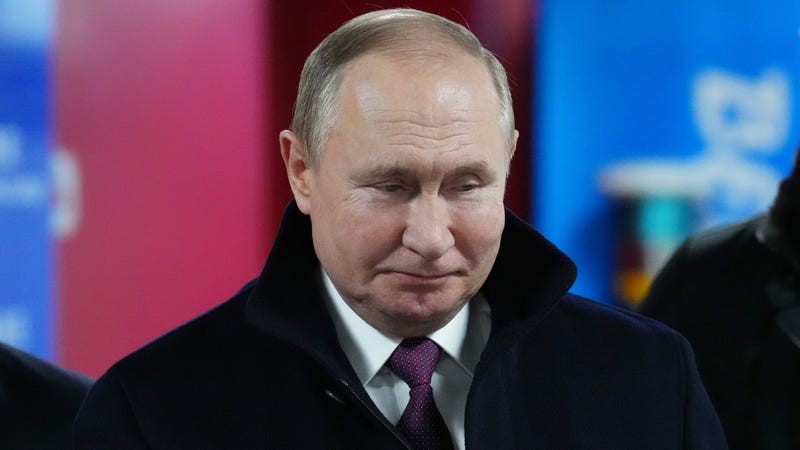
Russia may be forced to default on its foreign currency debts amid economic sanctions placed by the United States and its European allies following the country's invasion of Ukraine.
It would be the first sovereign default on foreign currency debt since the Bolshevik Revolution in 1918, per CNBC. About $315 billion of Russia's foreign reserves are currently frozen because of the economic sanction, according to CNN.
Russian Finance Minister Anton Siluanov said on Sunday that because the country can not use dollars or euros, it will use rubles to pay creditors from "countries that are unfriendly."
Russia is still scheduled to pay $117 million in interest payments on dollar-denominated government bonds by Wednesday. The bond does not allow Russia to pay the debt in rubles or any other foreign currencies, such as China's yuan.
Although, there is a 30-day grace period for the country to make a payment before they are in default.
Kristalina Georgieva, managing director of the International Monetary Fund, said in an interview with CBS' "Face the Nation" that Russia is likely heading towards a default.
"Russia has the money to service its debt, but cannot access it," Georgieva said.
It would be the first time Russia had to default on debt since 1998.
Timothy Ash, senior emerging markets sovereign strategist at BlueBay Asset Management, told CNBC what the consequences of a default could have on Russia.
"While in one respect the MOF would like not to be able to pay their foreign creditors as this a) saves now scarce FX reserves; b) hurts investors in adversary nations, and they then hope these will lobby their own governments for sanctions relief, the downside is that non payment and potential default would have serious and long run consequences for Russia," Ash said.
He added that the economic consequences would still likely occur even if the war with Ukraine were to end suddenly.
"Even should the war end quickly, and peace be resolved, markets and ratings agencies will remember this crisis for some time and ratings will be slow to recover, and Russian borrowing costs slow to moderate," Ash said. "This will crimp Russian economic development for years to come."
William Jackson, chief emerging markets economist at Capital Economics, pointed out that Russian corporate debt could also be heading to a default.
"Perhaps the bigger risk is that it may be a prelude to defaults by Russian corporates, whose external debts are more than four times larger than those of the sovereign," Jackson said to CNBC.
"So far, Russian corporates seem to have continued servicing their debts since sanctions were tightened, but with trade disrupted, sanctions potentially being widened and the economy set for a deep recession, the likelihood of corporate defaults is rising."


